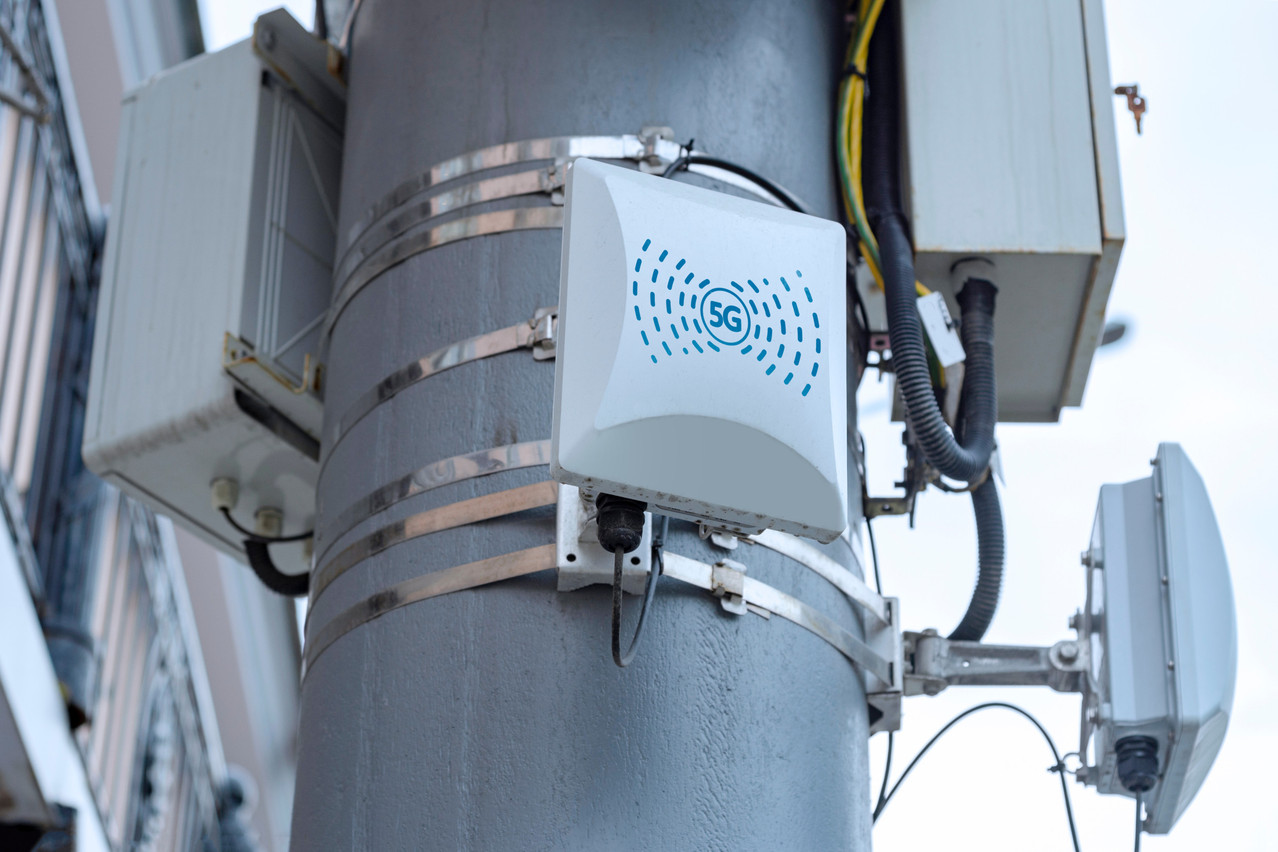The Commission has been tracking the digital progress of EU member states through the index since 2014. Like in 2021, Luxembourg was on the 8th spot. However, its score (58.9 out of 100) has minimally decreased compared to the previous year (59.0), while the EU average has gone up from 50.7 to 52.3.
Despite its relatively high ranking, the noted progress is among “the lowest growth rates in the EU,” a mean growth of 6% per year, the country report reads. Despite a high number of ICT graduates, there is a shortage in the country which impacts the speed of the economy’s digitalisation.
The number of women in ICT has increased by 4% since 2019, reaching a rate of 20% of all ICT specialists in 2022, and placing it slightly above the EU’s 19% average.
Despite its target of offering at least 100 Mbps downstream and 20 Mbps upstream for every household in Luxembourg by 2025, the country fares rather poorly in its implementation of the 5G network. For the report’s authors, the grand duchy joined the effort too slowly, having a 5G coverage of only 13%, compared to the EU’s 66%.
Above average in human capital, digital public services
Luxembourg in 2022 ranked 6th when it came to the human capital dimension. The score of 57.8--the EU scored 45.7 as a whole--is attributed to a wide spread of digital knowledge of citizens (64%), as well as the increase in female ICT specialists. Some of the countries efforts were also highlighted, like companies offering ICT training to employees, or ICT classes in primary schools. The digital education of jobseekers was also brought up in the report.
Though not mentioned, in May 2022 by education minister Claude Meisch (DP) is likely to impact future DESI ratings for Luxembourg.
Read also
Luxembourg was far ahead the EU in its digital public service offer too. With 83.4 points, above the 67.3 average, the country ranked 7th thanks to, for instance, administrations, the government and citizens’ heavy reliance on eID scheme LuxTrust.
Due to a low share of SMEs selling their products online or cross-border, the country’s score (35) was below the EU’s score (36.1) in the integration of digital technology. This result comes despite the country’s high use of ICT for environmental sustainability (80%), and the fact that 34% of businesses have at least two or more social media platforms.
The aforementioned slow adoption of 5G also places the country below the EU average in terms of connectivity.
